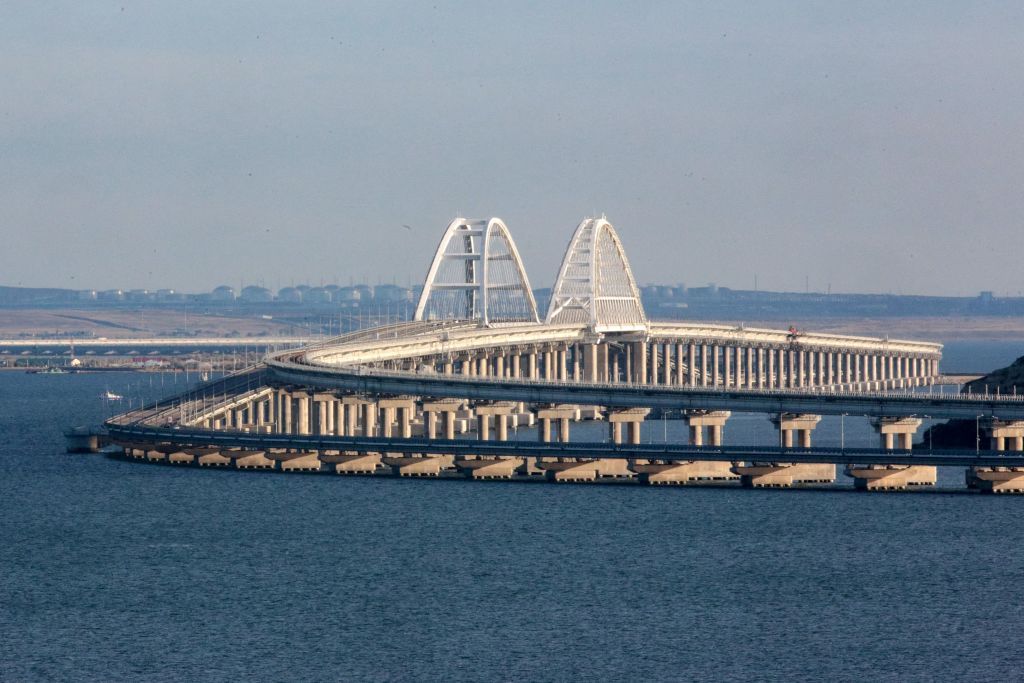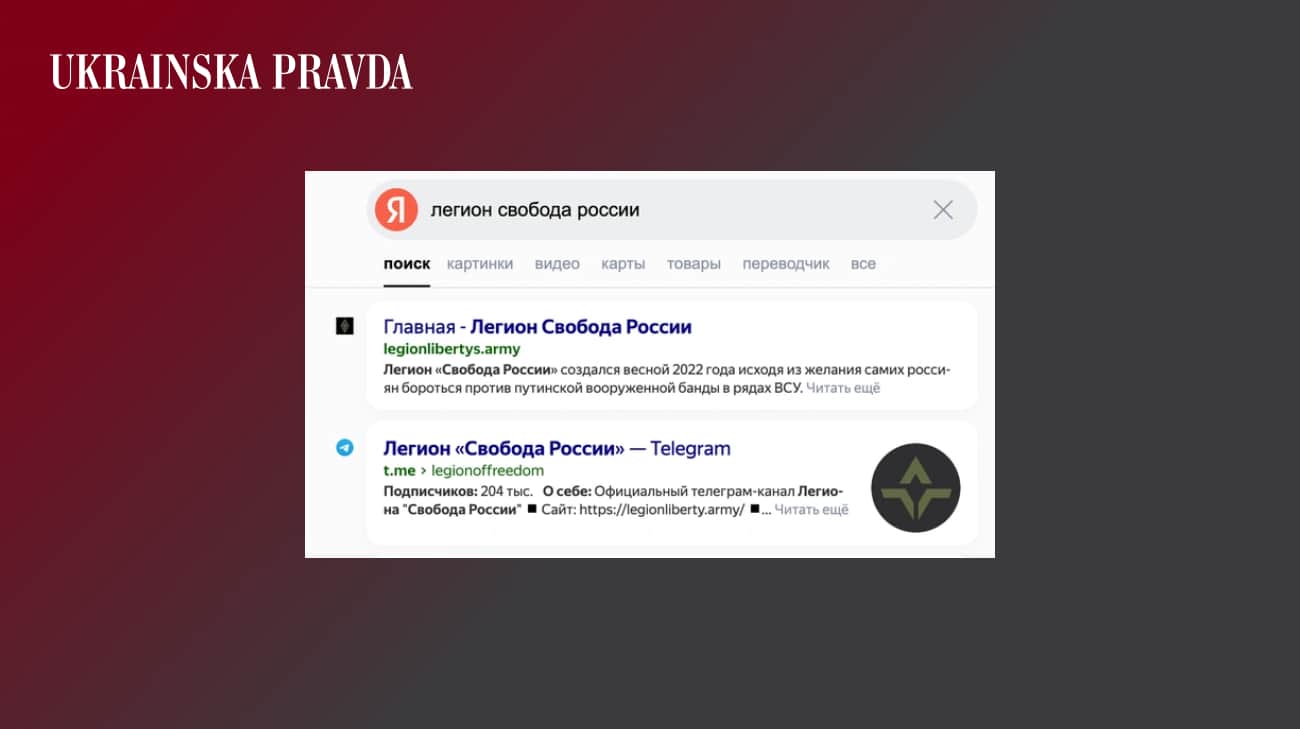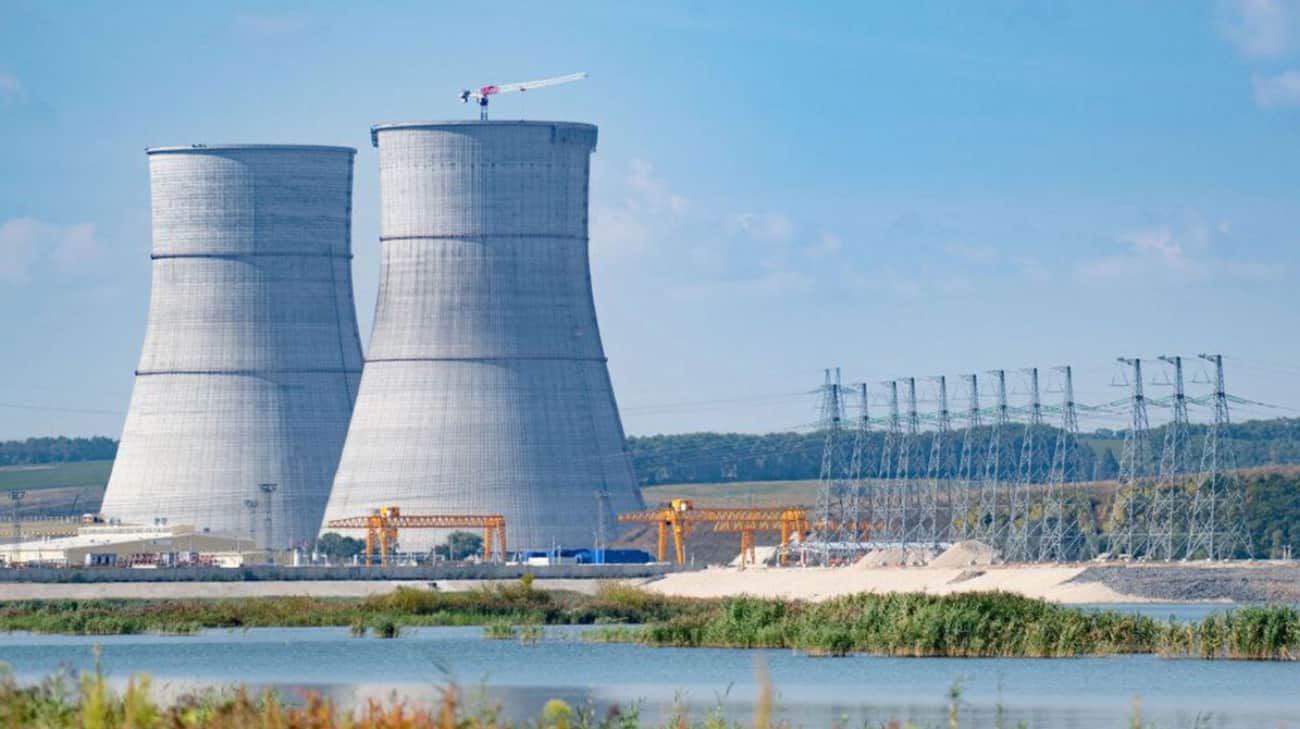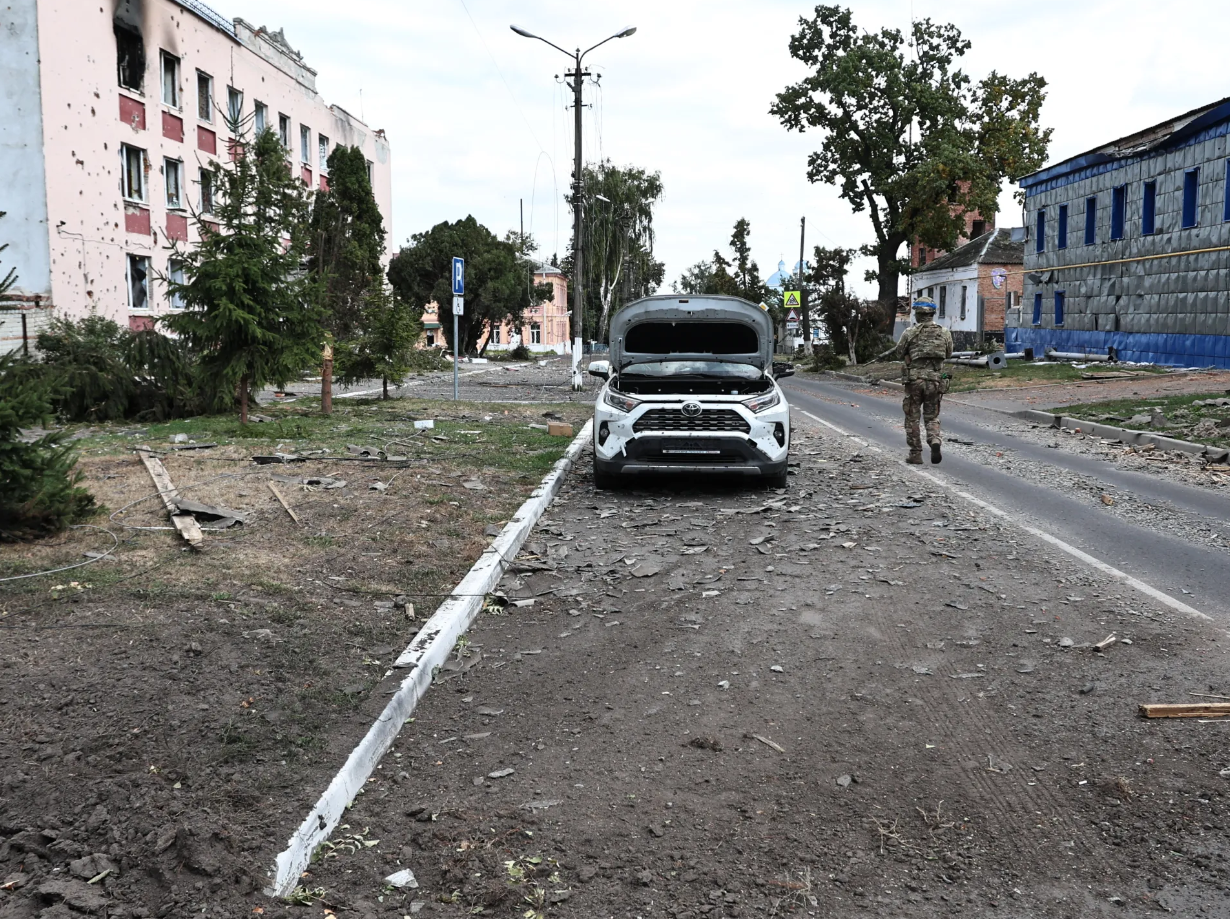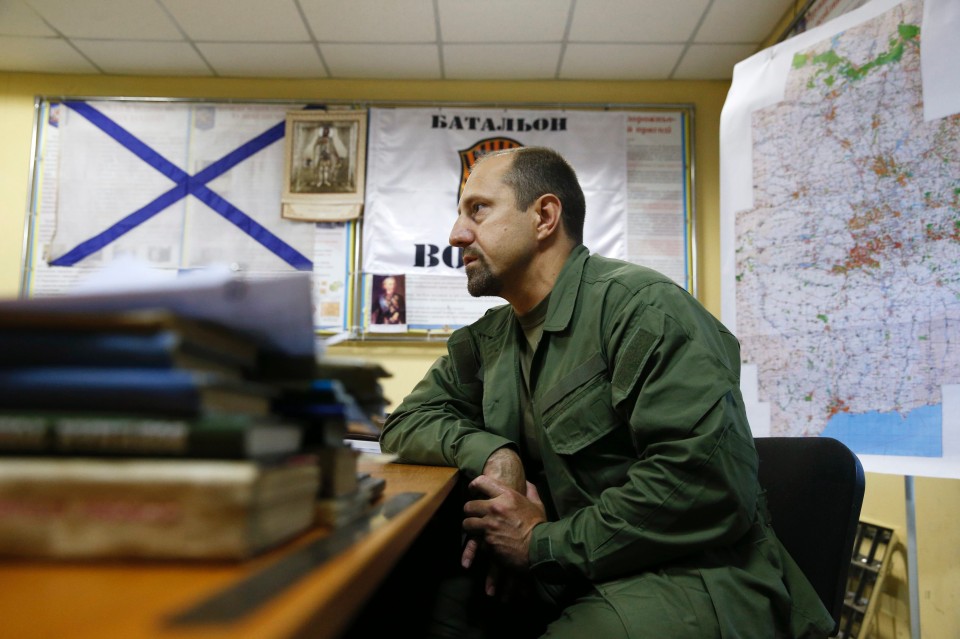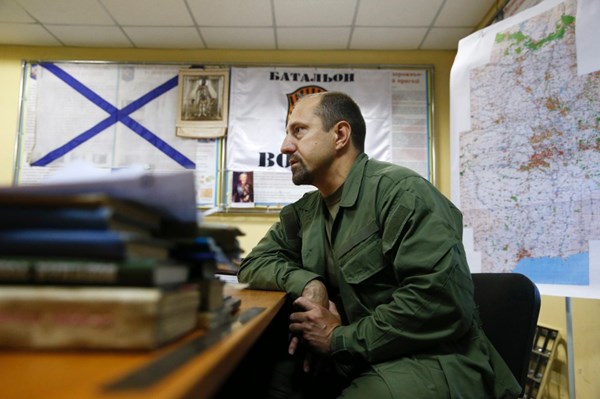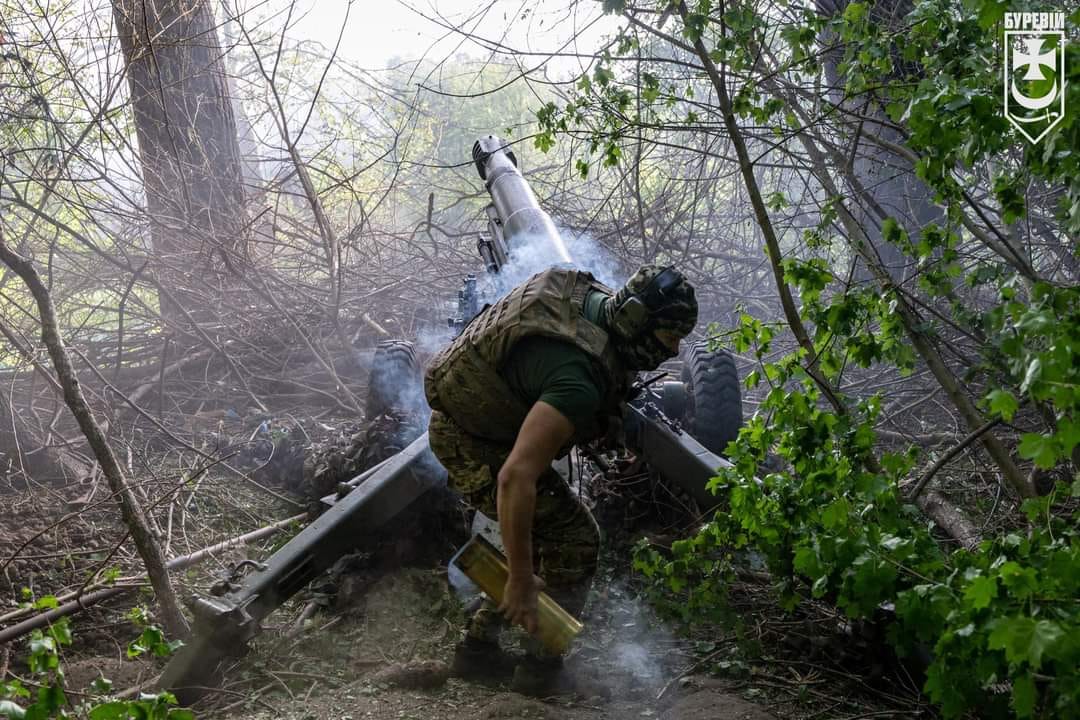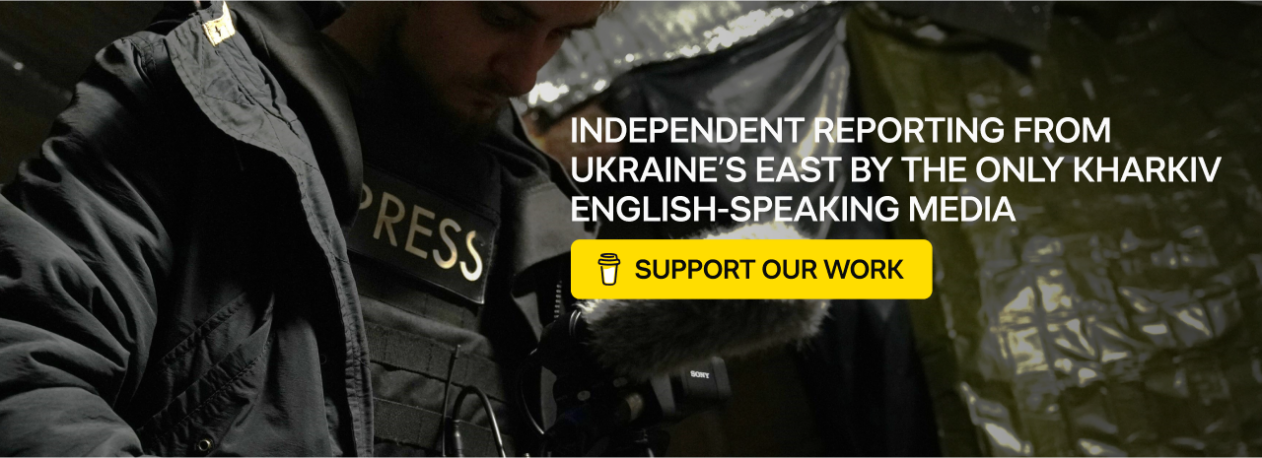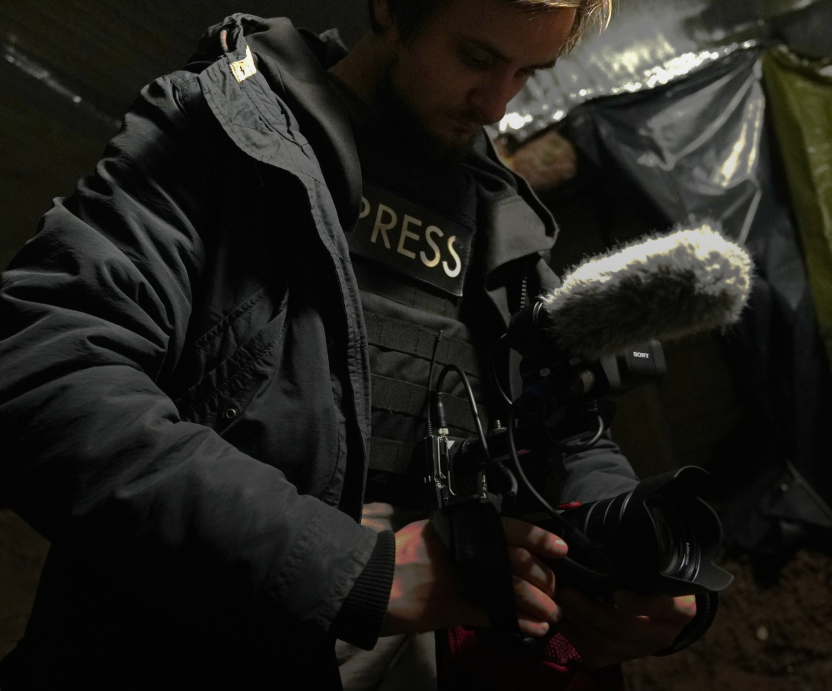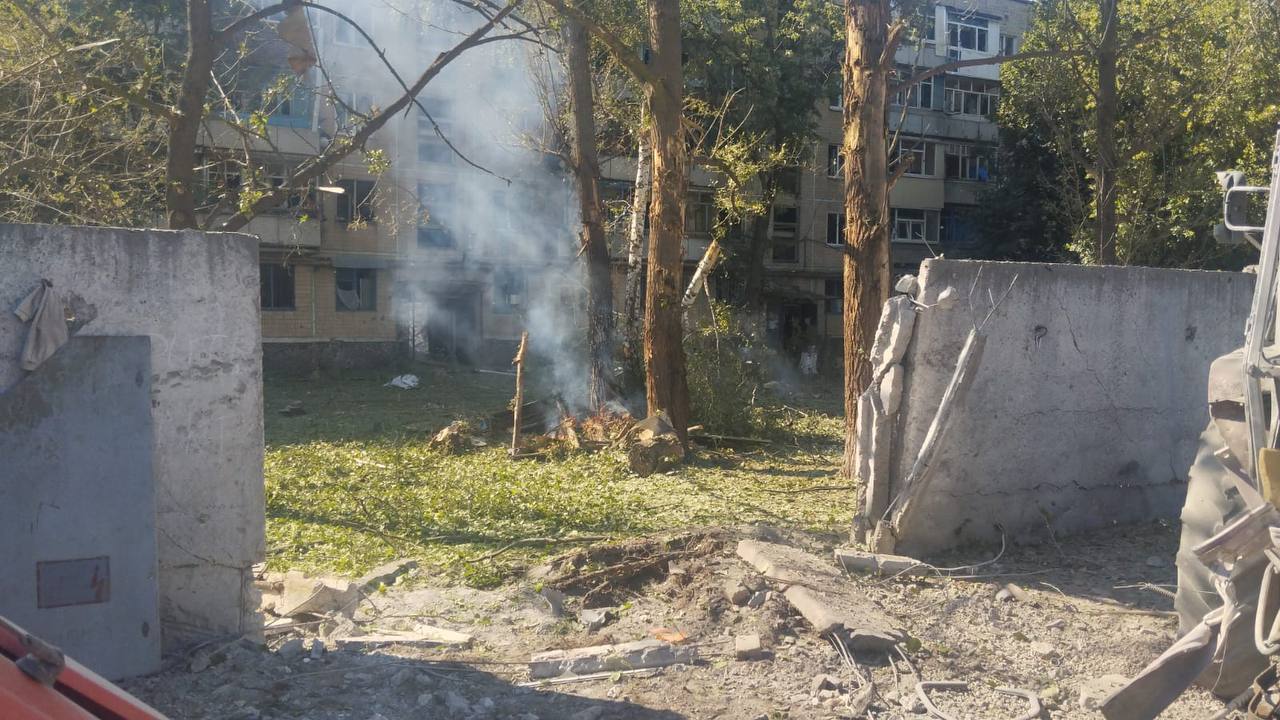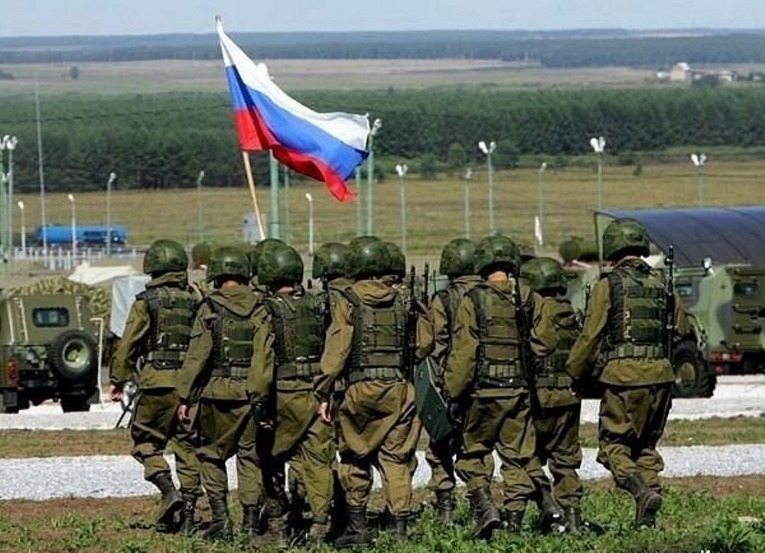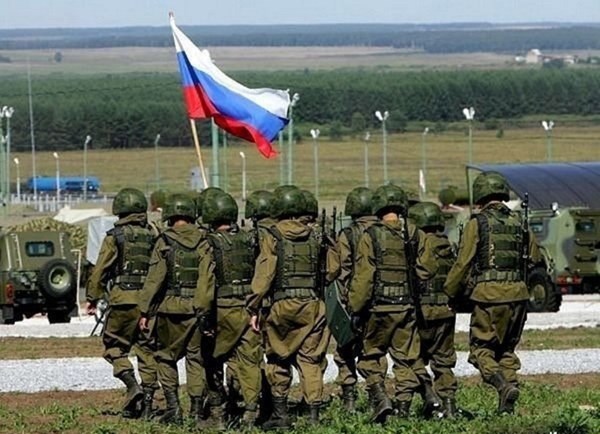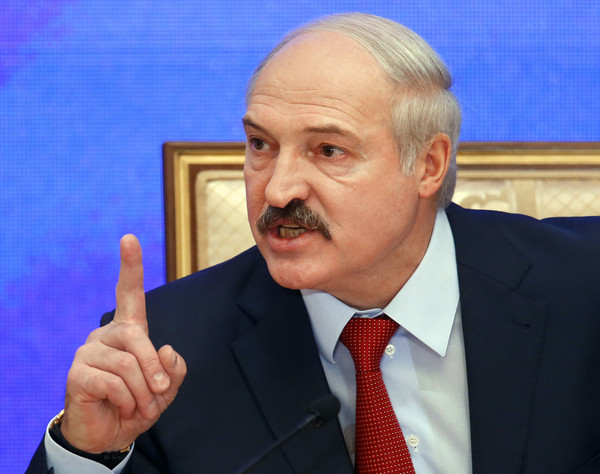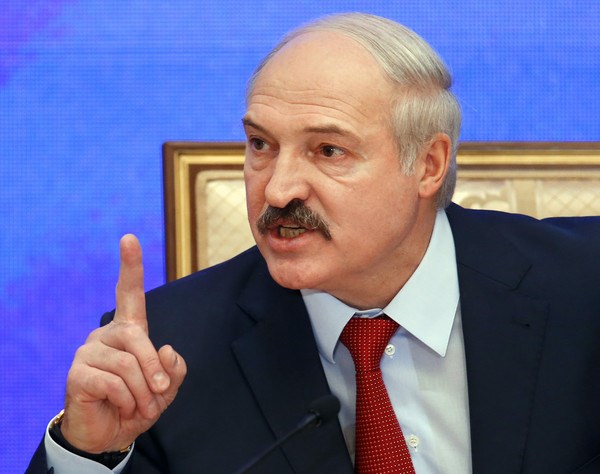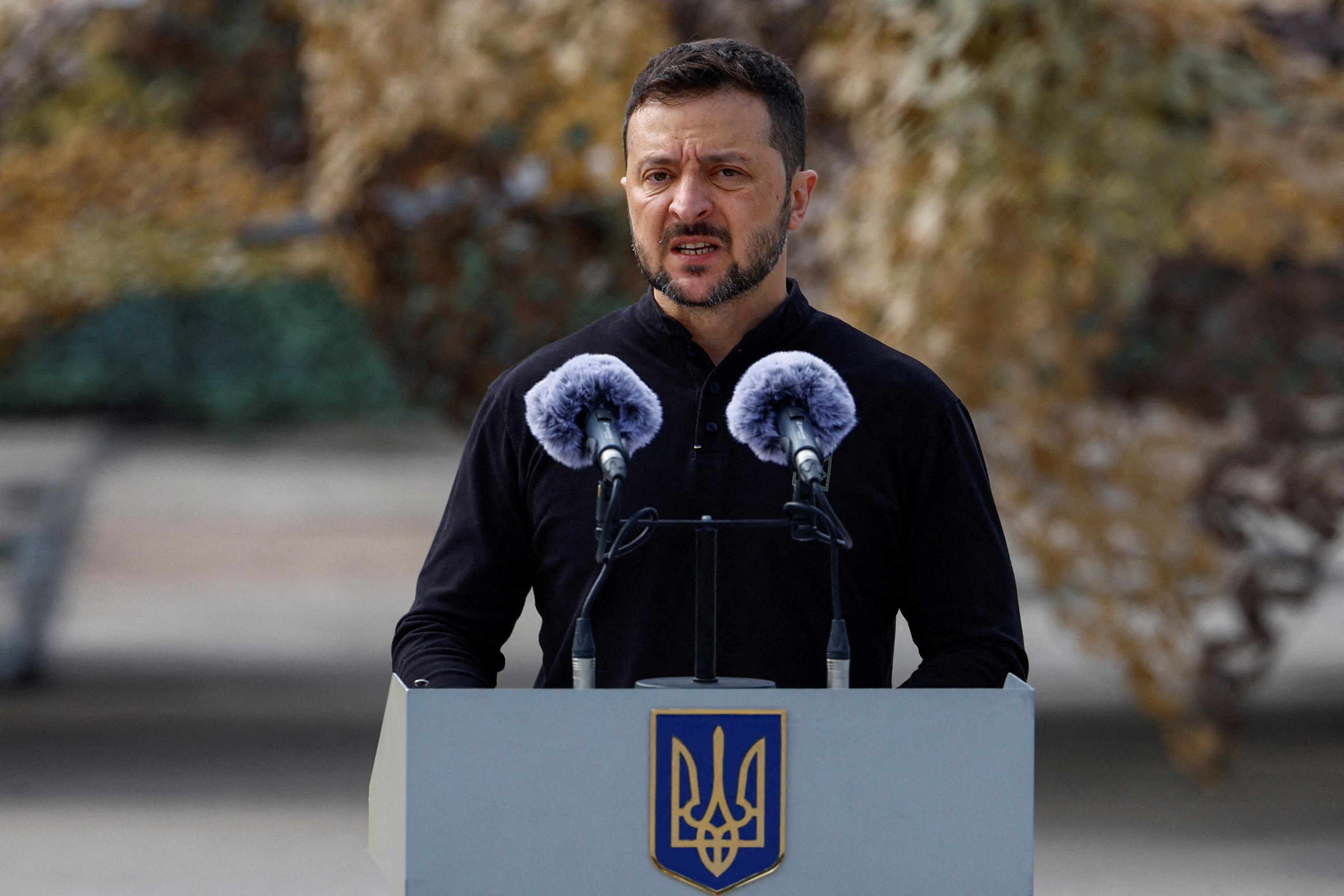Ukraine’s operation in Kursk is a body blow to the Russian president, and even Kremlin media sound critical

www.thetimes.com
Putin is moody and misfiring — and his regime is getting worried
Ukraine’s operation in Kursk is a body blow to the Russian president, and even Kremlin media sound critical
Mark Galeotti
Sunday August 18 2024, 12.01am BST, The Sunday Times
In 1993, following a botched monetary overhaul, the Russian prime minister accidentally told the country what he was really thinking. “We wanted the best,” Viktor Chernomyrdin said. “But it turned out as usual.” The line still amuses his fatalistic compatriots who have learnt through bitter experience not to hope for “the best” too often.
So last week, as it became clear just how far off course President Putin’s invasion of Ukraine has veered, even one of the hyper-patriot military commentators who typically cheerleads for the Kremlin could not restrain himself from slapping the late Chernomyrdin’s phrase over footage showing Ukrainian troops rampaging through Russia’s Kursk region.
The authorities in Moscow have presented the first major enemy incursion on their soil since the Second World War as a desperate move doomed to failure but ordinary Russians, watching television pictures of refugees streaming from the front line, sense that the war at best now promises a pyrrhic victory for the Kremlin. They understand that the real goal must be to minimise the long-term costs to Russia.
Moscow has presented Ukraine’s incursion on to Russian soil as a desperate move doomed to failure
KOSTIANTYN LIBEROV/LIBKOS/GETTY IMAGES
Too many setbacks
This is a body blow for Putin. In the past he managed to shrug off crises and blunders almost effortlessly, but since his decision to invade Ukraine in February 2022 he has suffered a string of setbacks, from international isolation to the mutiny of his Wagner mercenary army.
Above all, his mythic status as the man who never makes a mistake is increasingly unsustainable. Once again Putin’s boasts have been shown to be hollow and his decision-making flawed.
The border defences he claimed were being built these past two years proved inadequate, where they existed at all. Contracts for “dragon’s teeth” anti-tank defences and similar obstacles were awarded to his cronies, and the money often ended up just being embezzled.
•
Kursk incursion mapped: Tracking Ukraine’s invasion of Russia
As for General Valeri Gerasimov, the chief of the general staff, whom Putin has protected despite numerous demands for his dismissal: he received a warning of the incursion, but assumed it would be just another minor raid.
Having promised at the start of the war that “soldiers undergoing military conscription are not taking part in conflict and will not take part in it”, Putin is now desperately sending conscripts to try to hold back seasoned Ukrainian veterans.
Putin has protected General Valeri Gerasimov despite demands for his dismissal
REUTERS
Nor can he make domestic political capital from the sight of
western-supplied armoured vehicles spearheading the Ukrainian advance (especially German ones, considering that Kursk was the site of a massive tank battle against the Nazis in 1943). This is because he has claimed that the Ukrainians are really Nato proxies and because his warning that any attack on Russian territory would trigger an apocalyptic response has so obviously failed to deter Kyiv or the West.
An alarming mood
Putin was noticeably less in command of himself while chairing the first meeting of his security council after Ukraine’s incursion. He was moody, had to keep consulting his notes and had little to offer beyond vague demands that the invaders be expelled. He has largely withdrawn from public view and put the burden of dealing with the crisis on his underlings.
There is a palpable sense of unease about his leadership. A senator told the news outlet Verstka that “the mood has become very alarming” as it is impossible to feel confidence in either Putin or the coming days. The expectation is that the Ukrainians will eventually be expelled from Kursk, even if it may take longer than Gerasimov — who originally claimed that the Ukrainians were “blocked” only one day into their attack — is promising.
Yet to what end? “Crimea mattered, sure,” one Moscow-based think-tank analyst said, “but what are we fighting for now? Are we sacrificing our economy, our place in the world, even our own territory, for some flattened piece of Ukrainian real estate we never wanted in the first place?”
Open dismay
The largely muzzled media is sounding a rare critical note. Whereas the Kremlin claims to be taking good care of the 200,000 Russian civilians who have been evacuated from the border areas, articles have highlighted the poor conditions they face and the
federal government’s failure to address their needs.
That duty has fallen on the regional governors, Putin’s men on the spot. They are also carefully voicing resentment at being forced to deal with a crisis not of their making, without proper support. Once more, Putin has shown himself unwilling to back his own men or even listen to them. “He’ll claim the credit for whatever they manage to achieve, and damn them for whatever they can’t,” the analyst said.
•
Our orders were simple: invade Russia today. They didn’t fire back
Meanwhile, the decision to deploy conscripts — some of whom have not yet had their legal minimum four months’ training — has also started to cause open dismay among parents, who are protesting, as well as a wave of surrenders by the soldiers themselves.
Media outlets have highlighted the poor conditions faced by the 200,000 Russian civilians evacuated from the border areas
TATYANA MAKEYEVA/AFP
There is an implicit awareness of the failure of the national leadership. Karen Shakhnazarov, a filmmaker who is usually a staunch supporter of Putin and the war, was blunt on national television: “If such blunders continue, we could lose!”
Russian rebellion
This does not mean that a coup or revolution is imminent, even though the regime is getting worried. According to one well-connected Russian analyst, “what really made the Kremlin get serious about providing aid to the refugees was when the [security services] warned of the risk of protests”.
Russians are used to their state being incompetent and corrupt. That has its limits, though — and when the long-suffering Russians do finally lose patience, the outcome is often what Alexander Pushkin called “Russian rebellion, senseless and merciless”.
Patriotism can restrain them in time of war, but it can also inflame them. One of the reasons why Putin has been downplaying this crisis — he cannot even call it what it is, instead sticking to bland euphemisms like “this situation” — has been that military setbacks and an inability to defend the Motherland have often brought down regimes.
Putin has downplayed the capture of Sudzha as a “situation” to avoid drawing attention to the military’s failures
ALEXEI SMIRNOV/HANDOUT/REUTERS
Stepping up
Putin will weather the crisis. As with the
Wagner mutiny last year, the alternative — in this case dividing the state during an invasion — seems even less appealing to most Russians. Yet he will emerge further weakened.
He still has not learnt the lesson Stalin did after the first shock of the Nazi invasion: to leave the specialists to do their thing. He or Gerasimov could still micromanage this situation into a catastrophe.
•
How will Putin respond to Ukraine’s Kursk incursion?
If this bout of adversity is resolved, it will not be thanks to those two or any of the big beasts of the modern tsar’s court. Historically, when Russian leaders fail, others step up, whether the generals who outfought the Nazis in the Second World War or the People’s Militias who drove out Polish invaders during the Time of Troubles at the beginning of the 17th century, when the aristocrats were cutting deals with the invaders.
Today governors are working with the Ministry of Emergency Situations to house and feed refugees. NGOs, for so long marginalised or suppressed under Putin, are helping to connect them with families or counselling them on their rights.
The battlefield commanders are beginning to understand how to respond to the invaders’ highly mobile tactics. As a Ukrainian defence source noted: “So far we’re not encountering better troops — but we are seeing them being used better.”
Ordinary Russians are sending aid for people displaced by the fighting in Kursk. The comfortable old myth that any problems were not the fault of the tsar but of corrupt or foolish advisers, generals and officials around him is fading.
Even previously staunch supporters have started to turn on the president
ALAMY
Future grudges
Russians may still not believe that the war was a mistake, let alone that it is time to make peace. Indeed, some feel angrier with the Ukrainians than ever.
One woman whose family were in the captured town of Sudzha told the independent journalists’ co-operative Bereg: “I still blame Putin for this. But now I’m hoping that the people I previously hated” — the pro-war zealots — “will succeed.”
Nonetheless they do know that, once again, their monarch has let them down. And that, in the long run, can be the most dangerous thing for a regime whose legitimacy rests not on divine right, but its claim to, as Putin himself put it, “lift Russia up off its knees”.
This no longer feels to most Russians like a road that leads to any sort of victory.
Chernomyrdin also warned that “we need to do what our people need, not what we do here”. It seems unlikely that Putin will heed this pearl of inadvertent wisdom either.
Professor Mark Galeotti’s next book, Forged in War: A Military History of Russia from its Beginnings to Today
, will be published by Osprey/Bloomsbury in November